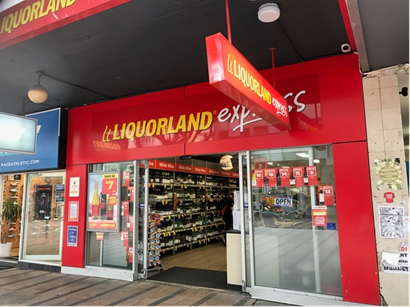
A report on the prospect of allowing alcohol sales in C-stores, scheduled for release to the public today, will not be released until a later date.
C&I Week was informed this morning that it was not known when the Red Tape Senate Committee would be able to release its report into ‘The effect of red tape on the sale, supply and taxation of alcohol’.
The committee’s role is to examine said effects of red tape; in particular with regard to compliance costs; particularly burdensome areas of red tape; impacts on health, safety and opportunity; the effectiveness of previous government’s efforts to reduce red tape; alternative institutional arrangements; jurisdictions; and other related matters.
Australasian Association of Convenience Stores CEO Jeff Rogut made a submission to the inquiry, arguing the case that C-stores should be allowed to compete with alcohol retailers.
“Many countries in the world have convenience stores that responsibly sell alcohol alongside other products. There’s no reason that our stores should not be given the same ability, should they wish to do so,” he said.
“I recently saw a small Liquorland Express which is, for all intents and purposes, a convenience store. It’s crazy that they can do this, yet two doors up a convenience store can’t sell beer and wine.
“So we’re saying we should be allowed to compete, and that adults are sufficiently mature to make a decision about whether they buy their beer or wine from a convenience store or not.”
C&I Week understands that a loophole that has been used by some retailers to set up a convenience store that sells alcohol involves first opening a liquor store, and then introducing the rest of the unrestricted stock, which could even include a gourmet delicatessen section.
Mr Rogut said he and other industry representatives, during the last Downunder Study Tour, visited an ALDI store in which, like other Aldi stores, alcohol was sold alongside groceries without a separate store, as is done by Woolworths and Coles.
“It looks terrific, it’s in a contained area and people were buying it as they buy their groceries, and there was nobody rolling around drunk outside the Aldi store,” he said.
“Regulators really do need to update their thinking, look at it from a commercial point of view, and forget the social backlash or the fact that they’ll be criticised. Right now small businesses are criticising them for paying lip service to small business and not actually helping them.

